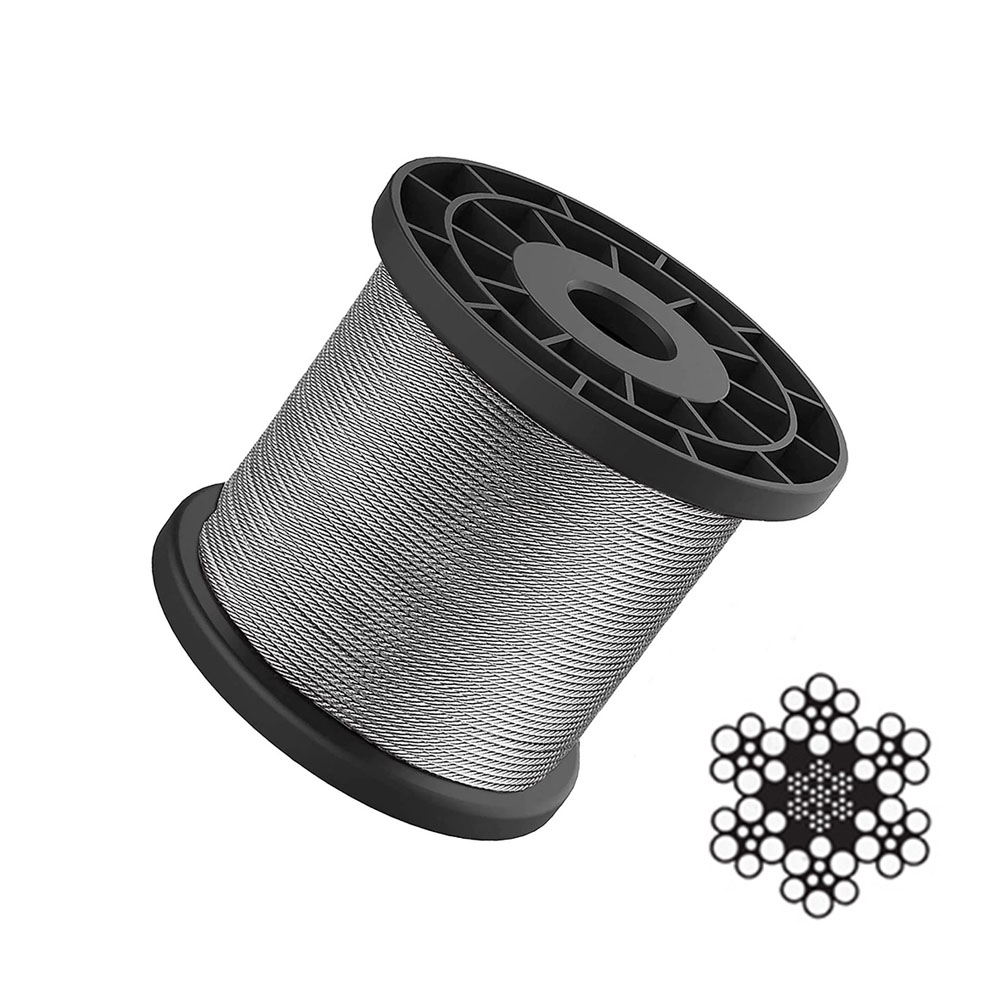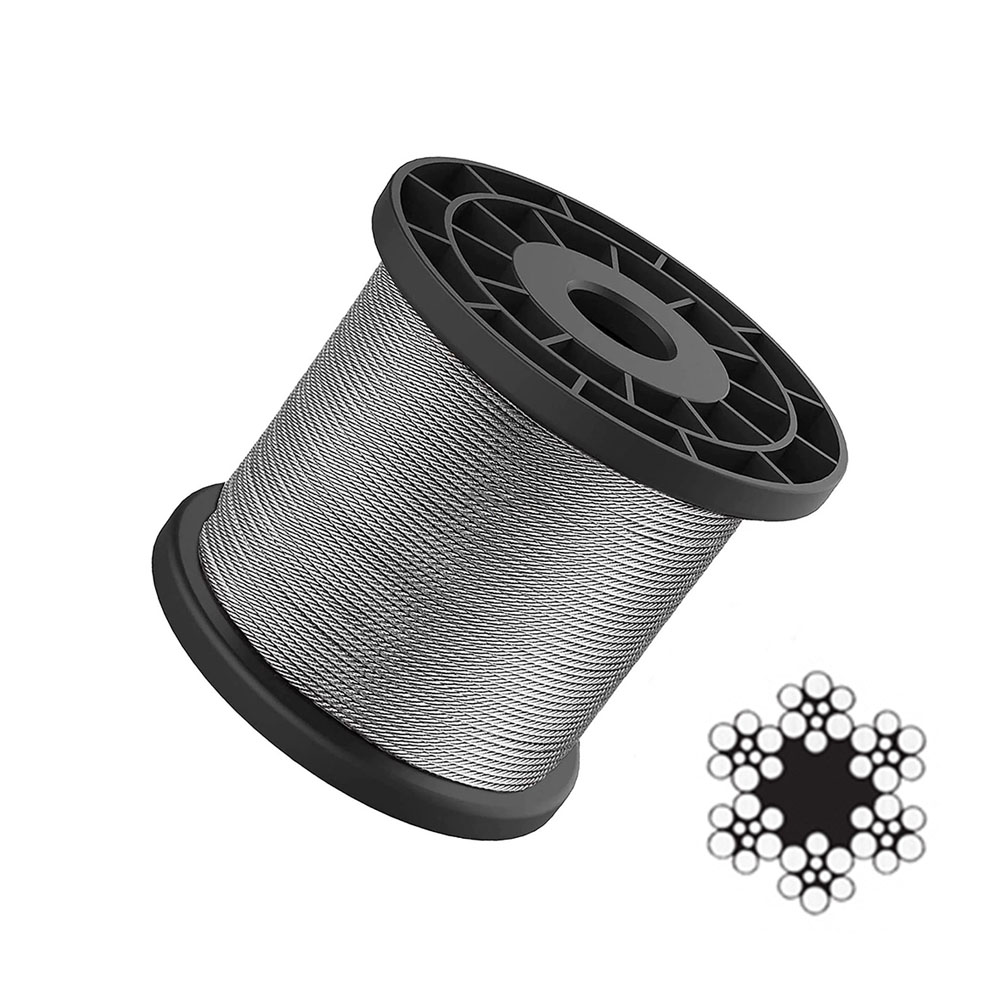Our staff will contact you within 12 hours, You can also contact us through the following ways:
Contact US WhatsApp: +8618766656705
- Email: [email protected]
- Tel: +8618766656705
- Web: https://www.toponechain.com/
In industrial lifting and material handling, both rigging chains and wire rope slings are widely used. However, their working characteristics, durability, and safety profiles differ significantly. Choosing the right equipment depends on load conditions, lifting environment, and safety requirements. This guide explains when to use rigging chains and when wire rope slings are the better choice.


Rigging chains are G80 or G100 alloy-steel lifting chains assembled with master links and hooks. They are designed for heavy-duty lifting tasks where maximum durability is required.
Best for:
High-temperature environments
Harsh outdoor conditions
Heavy steel structures
Construction and mining
Frequent or repetitive lifting
Wire rope slings are made by winding multiple strands of steel wire into a flexible rope. They are strong, cost-effective, and widely used in cranes and general lifting applications.
Best for:
Large single-point loads
Marine lifting
General-purpose crane rigging
Situations requiring long-length slings
Feature | Rigging Chains | Wire Rope Slings |
Material | Alloy steel chain | Braided steel wire |
Flexibility | Adjustable length | Fixed length |
Durability | Excellent abrasion & heat resistance | Good, but outer strands can fray |
Maintenance | Easy to inspect | Harder to detect internal damage |
Safety Factor | Very high in extreme loads | High but sensitive to kinking |
Repairability | Replaceable hooks/components | Difficult to repair |
Comfort on Edges | Needs padding on sharp edges | Slightly better edge tolerance |
Use rigging chains when:
✅ The environment includes heat, sparks, or impact
✅ You need adjustable length slings
✅ The load is extremely heavy or irregular
✅ Continuous industrial usage is expected
✅ You need maximum service life
Example applications:
Steel mill and foundry
Construction beams
Mining machinery
Offshore rigging
Use wire rope slings when:
✅ The lift involves a long boom or extended reach
✅ You need a cost-effective option
✅ The load has a broad contact surface
✅ Corrosion protection can be applied with galvanization
✅ The sling is not frequently shortened/adjusted
Example applications:
Marine lifting
Heavy cargo ship loading
Tower crane operations
Bridge maintenance
Regardless of sling choice:
Always follow the WLL (Working Load Limit)
Inspect before each lift
Avoid shock loading
Use edge protection when necessary
Maintain documentation for compliance
Both rigging chains and wire rope slings play essential roles in heavy-duty lifting, but they excel in different environments.
If your priority is strength, heat resistance, and durability, choose rigging chains.
If your application needs long reach and cost efficiency, a wire rope sling may be more suitable.
TOPONE CHAIN provides certified G80/G100 rigging chains, lifting chains with hooks, and full sling assemblies for industrial applications.